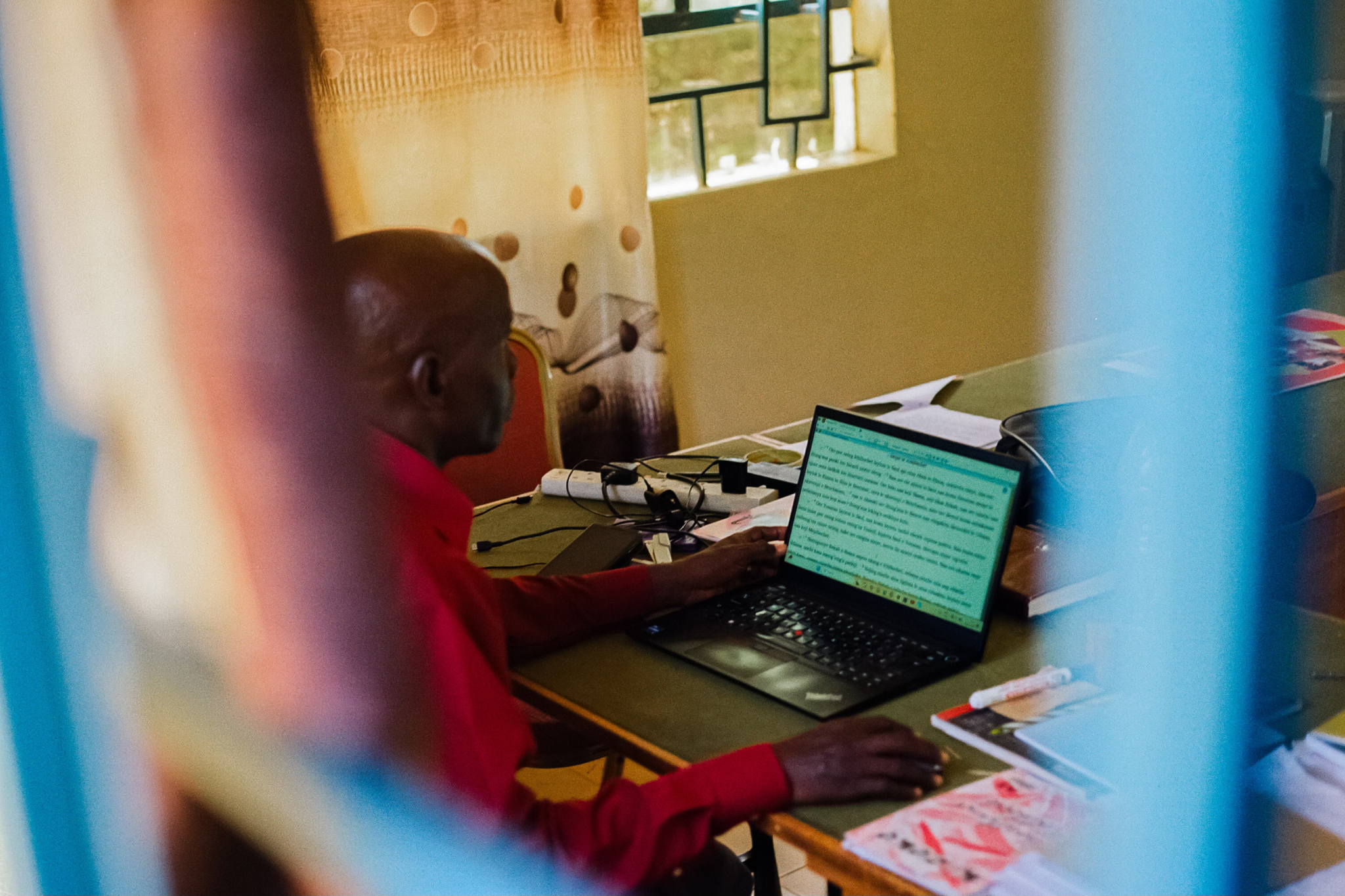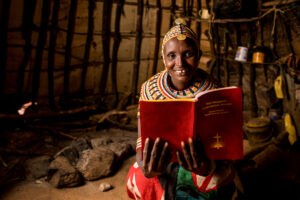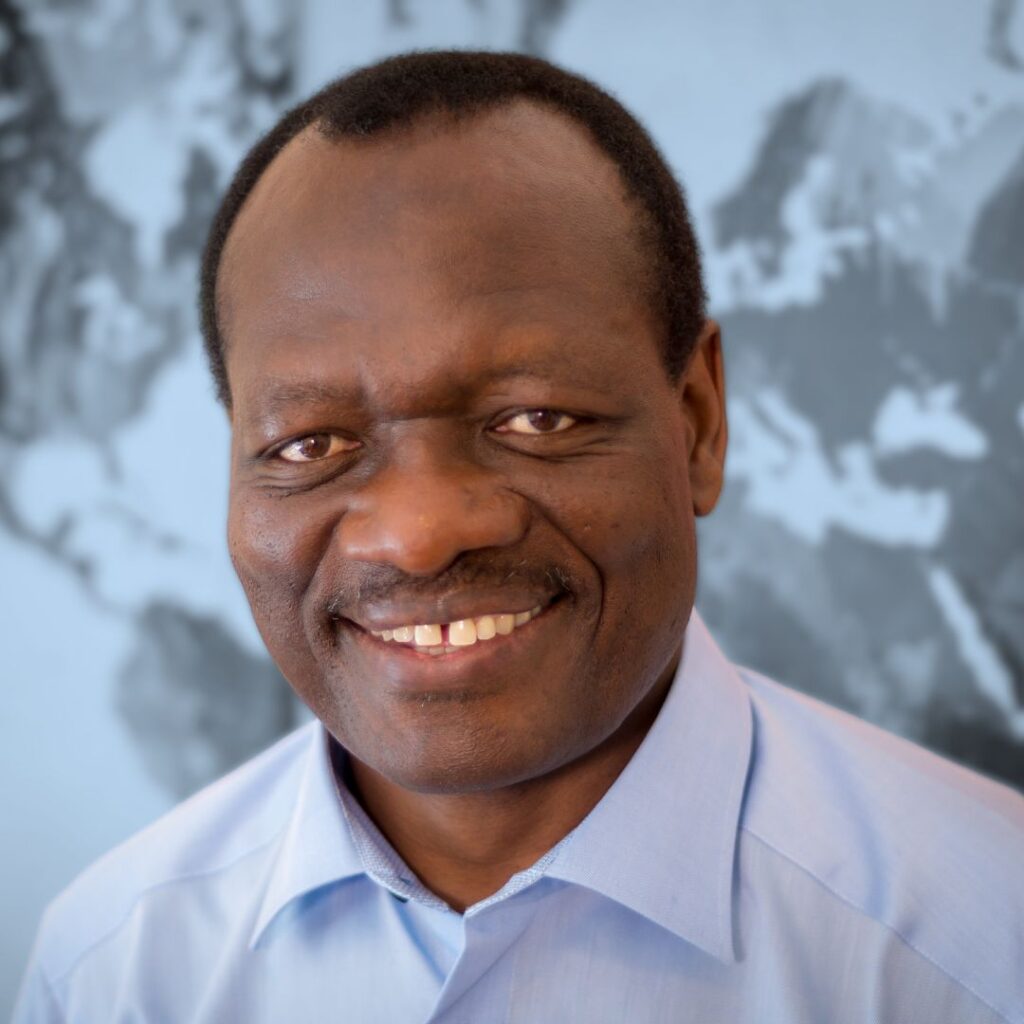Perhaps you’ve wondered, Why can’t people without the Bible just use Google Translate?
Translation is all about context, and no software translation program can capture that. Interestingly, even the world’s five most widely spoken languages—Mandarin Chinese, Spanish, English, Hindi, and Bengali—have difficulty using Google Translate with 100 percent accuracy.
For Bible translation, we must depend on the understanding and expertise of both the local people who speak the language and trained consultants who understand how the original biblical languages (Greek and Hebrew) relate to those local languages.
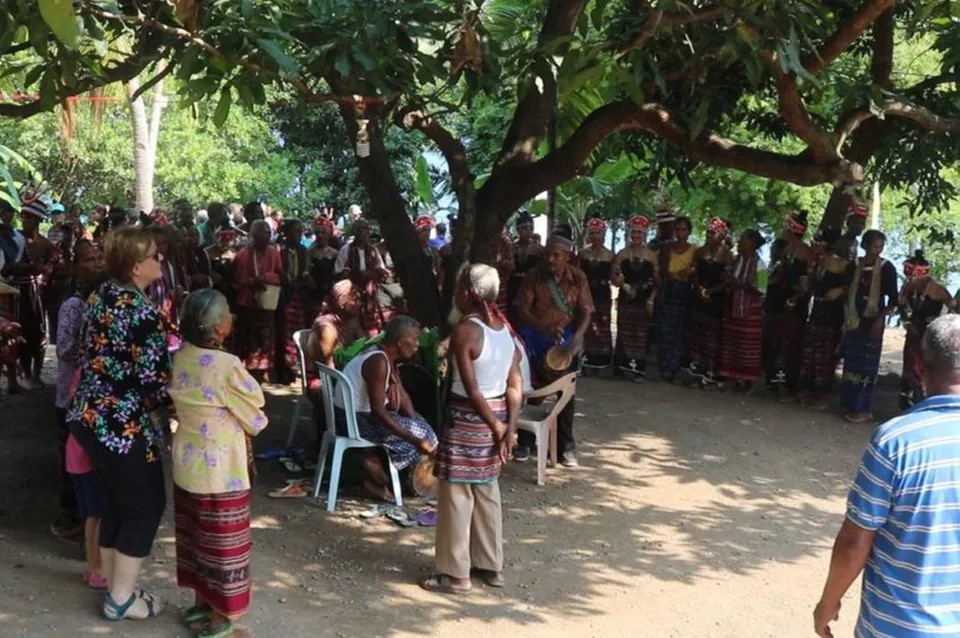
Importance of Cultural Context
The English word bread is both a spiritual and physical staple in the Bible. Just a few examples:
- In the Lord’s Prayer, Jesus says, “Give us this day our daily bread …” (Matthew 6:11).
- God caused bread to fall from heaven to sustain the Israelites in the desert (Exodus 16).
When Jesus refers to himself as the “bread of life” (John 6:35), it illustrates our dependence on him to live. But what if a community doesn’t have a word for bread? What if they don’t even eat bread?
Simply finding a way to translate the word would not communicate the intent of that verse. Rather, if the community staple is beans or mangos, the translation would need to represent whatever the community depends on for sustenance. Translation is much more complex than simply switching out a word, as Google Translate can do.
When God’s Word Speaks, It’s Personal.
Understanding the community’s way of life makes all the difference in translation. Translators work to communicate God’s Word in a clear, accurate, natural, and acceptable way for those who will receive it. This process is applied to everything, including complicated concepts like sin, grace, and redemption.
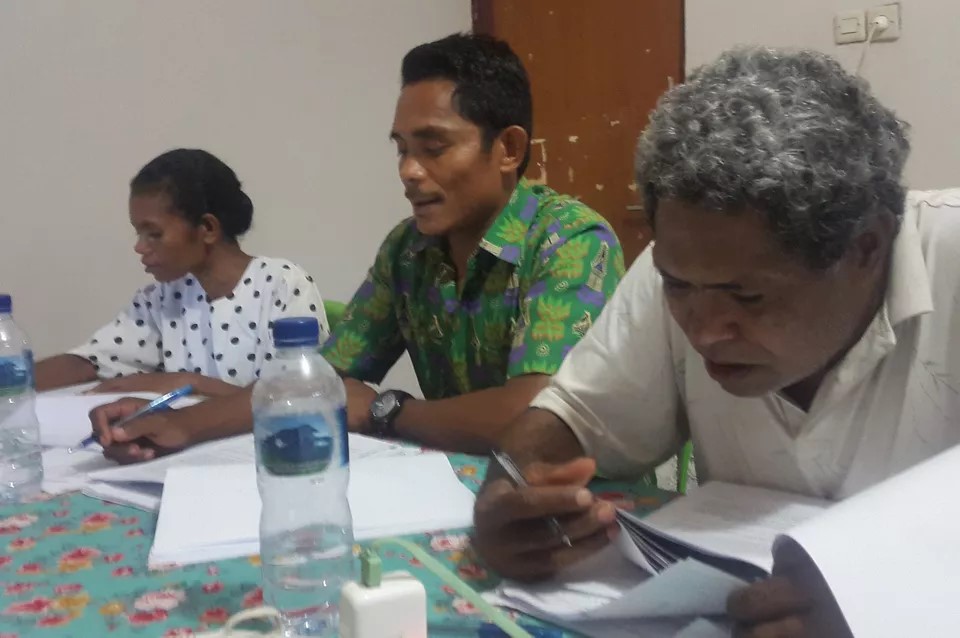
Unlike English and Greek, most languages in the world are concrete. You can draw a picture or show an action to represent a word. But you can’t draw a picture of love, hope, faith, or sanctification—all key words to communicating the biblical message.
These are the concepts we are working toward in translating the Word of God. This is why Google Translate just won’t do! Success occurs only when Scripture becomes personal to the one experiencing it. (Get a behind-the-scenes look at Bible translation and its impact in this three-part video series produced this summer.)
Translators Need Your Prayers
The work of Bible translation requires the Holy Spirit to move in the hearts of translators. Your prayers can reach across the ocean and bring encouragement and focus to our faithful global partners who are passionate about bringing God’s Word to their people. Download our Prayer Guide, which takes you through various facets of Bible translation and includes resources to equip and empower your prayer time.

